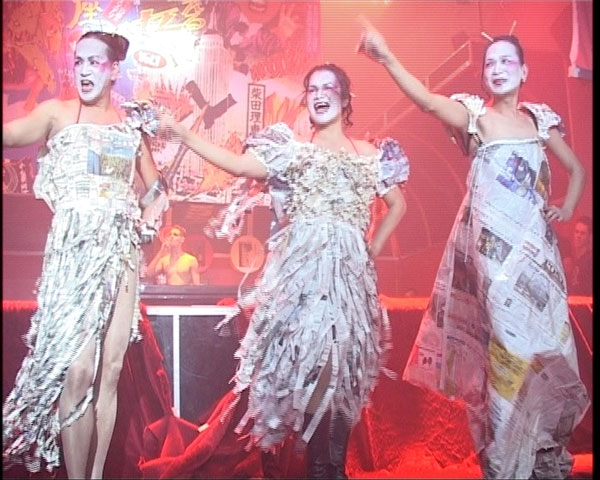ID
About ID

About Doron Tsabari

About Amit Goren
About ID
Doron Tsabari, February 2-4, 2007
Underdog, a war film (1996), Sewing for bread (2003), True to life – stories by Ramla youths
Tomer Heymann, March 9-11, 2007
Paper dolls (2006), Aviv (2003), Bridge over the wadi (2005), It kind’a scares me (2001)
Amit Goren, April 13-15, 2007 66 was a good year for tourism (1992), Another land (1998), Dear Edmund (2006)
Ohad Naharin och Tomer Heymann, February 10, 2008 Out of focus (2007)
Documentary film tradition in Israel is renowned for its sharp and poignant treatment of local, yet universal issues as alienation, immigration, injustice, the struggles of the peripheral people, private and national identity.
The Jewish Theater initiated a discussion on these issues while presenting three Israeli filmmakers’ social engagement, artistic vision and life philosophy as depicted in their films.
Doron Tsabari
There are no heroes in Doron Tsabari’s films, only the simple person. Doron Tsabari is a political activist who uses his films to bring to light the forgotten Israeli periphery. Doron Tsabari is an acclaimed film director.
He is the chairman of the film Directors Union and the founder Director of the Documentary filmmakers forum in Israel. His films treat the Israeli peripheral towns and the struggles of their inhabitants. Doron Tsabari has been writing for various newspapers, teaching documentary film and working for Israeli television.
Underdog, a war film, 1996
Underdog: a War film is indeed a war film. It depicts the strong emotional battle of a small town against the rest of the country. The war is waged on the football field. The combatants are the players and fans of Hapoel Beit Shean team in its struggle to stay in the national league. The chances of the team to keep its place in the national league are close to none. The situation is hopeless.
There are five games left before the football season of 1995 comes to its closure. Hapoel Beit Shean is at the bottom of the national league fighting for its survival. The newspapers report that the team does not have a chance and would end up in the lower league. In Beit Shean people think otherwise. They put up a fight.
The film examines the phenomenon of how, in a peripheral town like Beit Shean, football gains an existential meaning, as the town inhabitants’ “raison d’être” is the next match.
Sewing for bread (Daroma), 2003
In the summer of 2000, the owners of the “Ramon Sewing Workshop” in Mitzpeh Ramon announced their decision to close down the workshop. The 57 employees, all workweary women, refused to accept this “death sentence” and embarked on a heroic campaign to protect their income. For five weeks 57 jobless seamstresses entrenched themselves and their children inside the plant, refusing to part from their sewing machines and determined to go the whole mile. Even the women themselves were surprised by the results when the workshop reopened as an independent cooperative owned and ran by the seamstresses themselves. Overnight they unexpectedly became Israel’s working class heroes.
For two years Julie Shelez and Doron Tsabari followed their story. They recorded the struggle for survival of women who suddenly faced the challenge of managing a plant. They documented their battle against the establishment and the conflicts that arose between family life and their new responsibilities and commitments, as well as interpersonal crises.
Sewing for Bread is a moving story about courageous women who discovered their power and took responsibility for their own fate. It is also a chronicle depicting the forgotten fringe of Israeli society and its attempt to win the respect it deserves.
True to life – stories by Ramla youths, 2004
True to life is a series of short films by “youths at risk” from the city of Ramla. Each tells a personal and intimate story that exposes a fragile inner world. The films were directed and filmed by the youngsters themselves. They possess a unique cinematic language, rare documentary moments and an honest and authentic inner look.
Ramla’s inhabitants consist of Jews, arabs and new immigrants from the former Soviet Union and Ethiopia. It is a city with a low socio-economic profile. The film project was initiated by Doron Tsabari who also guided the group in its artistic journey.

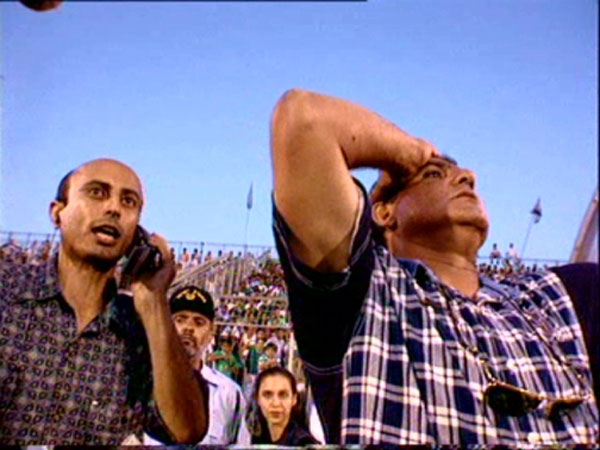
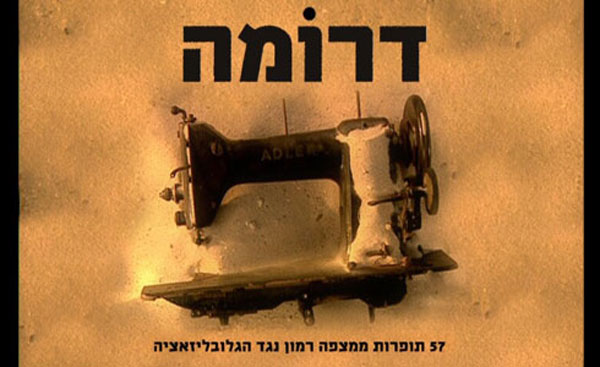
Tomer Heymann
Aviv, 2003
The film examines the unique phenomenon of the Israeli rock star Aviv Geffen, rejected and ridiculed at the beginning of his career and for over a decade now, the most successful and influential rock singer in Israel.
The film escorts Aviv from his first appearances in the public arena that brought out voices of repulsion and rejection towards the young boy who called out to youngsters across the country to refrain from military service and categorized him as a typical anti-establishment singer, until he receives an embrace from the establishment by prime minister Yitzhak Rabin on the day he was assassinated.

Bridge over the wadi, 2005
I den lilla staden Kara öppnas 2004 en gemensam skola för arabiska och judiska barn. Här ska alla de 100 eleverna undervisas i både hebreiska och arabiska, i både judendom och islam.
De konflikter man här försöker hantera är inte enbart uppdelade i arabiskt-judiskt; de visas även i förhållandet mellan manligt-kvinnligt, religiöst-sekulärt och mellan olika generationer. Filmen utsågs till ”Bästa Dokumentärserie” i ”The 1st Israeli Documentary film competition”.
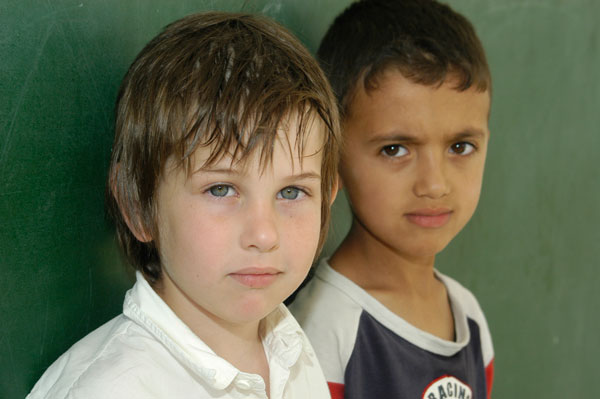
It kind’a scares me, 2001
This tough film concentrates on Tomer, a youth leader in a small town near Tel Aviv who motivates a group of delinquent adolescent boys into creating a play. The collective effort goes through a number of shifts and changes, especially after the first writer departs abruptly for canada.
In a startling development, Tomer announces to the group that he is gay. For the straight boys in the gang, this is a shock. Their process of adjustment to or acceptance of this reality forms a major thread in the play and the documentary. The film has a rough-hewn vitality that matches the energy of the teenage boys.
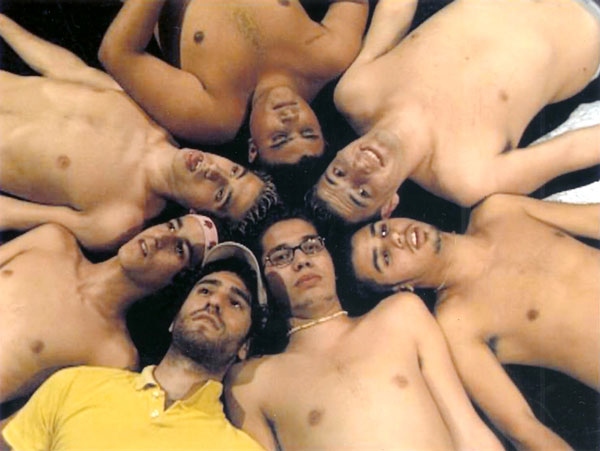
Amit Goren
“I have been filming since the age of 13, for reasons not always clear to me, sometimes out of obsession: stills, super-8 and video. I observe and capture the moment, out of a need to inquire, to understand, to stop time, to preserve.” – Amit Goren.
The main themes in Amit Goren’s prosperous documentary are immigration, identity and place. Goren’s films deal with the tension and alienation existing between an individual and his surroundings as well as with a constant search after identity.
Goren’s personal biography dictates, to a great extent, this deep search in both the private and the national awareness. He left Israel with his family in 1966, when he was 9 years old and studied film in NYU. He returned to Israel as a young adult.
66 was a good year for tourism, 1992
“Do you know why it wasn’t worth it? Because my children are torn between two worlds. I am angry, really angry, because we’ve created this situation!” – Thus Amit Goren’s mother summarizes 25 years in America.
The film deals with immigration as a way of leaving, and the search after the tricky term called “Israeli identity”. Goren’s father, Haim, was born in Egypt and in 1951, with the rise of the nationalists to power, came to Israel, where he met his wife Nitza, Israeli born, daughter to an immigrant family from eastern Europe. Through the telling of the family history, documents Goren one of his trips to the USA. During this family reunion he is trying to get them to speak about the way they understand their identity.
Awarded the “Wolgin award” for Best Documentary at the Jerusalem International film festival 1992 and the “Israeli film academy award” that same year.
Another land, 1998
A feature length docu-drama, examining the meaning of “home” from a personal and a public perspective, against a background of political and social upheaval in Israel, between 1992–1998. This film deals with the concrete and symbolic aspects of the term “home”, while creating a confrontation between the happenings at Goren’s private home and the dramatic events that shake the Israeli society, the national home, beweeen the years 1992–1998, and especially the murder of prime minister Yitzhak Rabin.
Goren’s everlasting search for a home, following his separation from his wife Tal,and the estrangement that he feels in his own country facing the developments on the national level, turns the film into an inner contemplation about the ability to feel an inner exhile – the appearing gap between the geographical and historical belonging and the emotional and cognitive disconnection.
Awarded the Wolgin award for Best Documentary at the Jerusalem International film festival 1998.
Dear Edmond, 2006
“At age 45, my partner and I begin fertility treatments with the hope of parenting a child of our own. for five months we are confined to our home with a high risk pregnancy of triplets, with just a 5% chance of success. During this period I film moments that will eventually become my memory, my family’s memory. From my balcony I film daily life on Rothschild Boulevard, the heart of the first hebrew city, where Tel Aviv was born in 1909, where the first triplets of the boulevard are expected.” – Amit Goren.

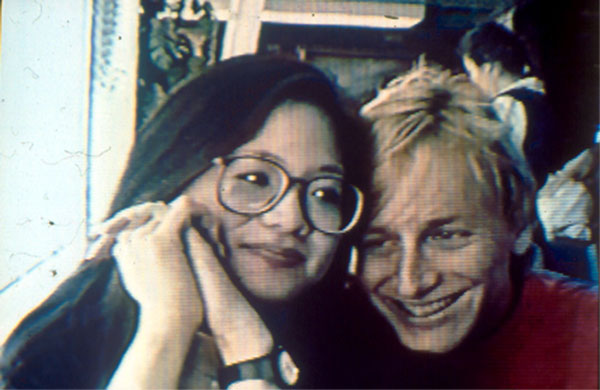
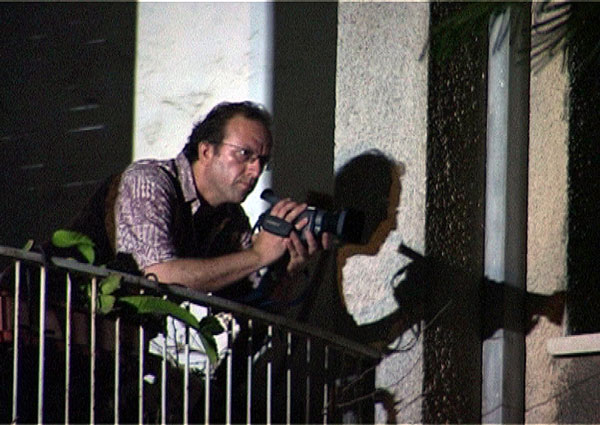
Gallery from ID
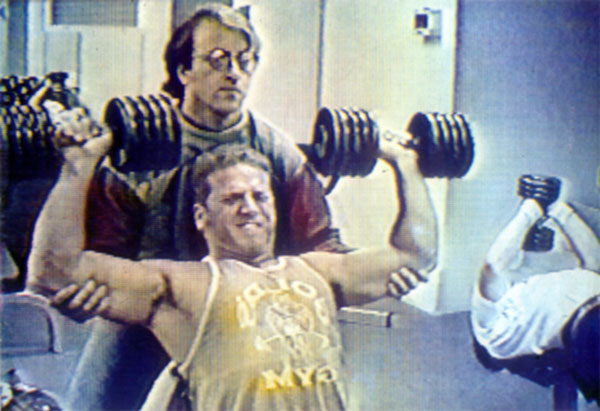
Gallery from ID
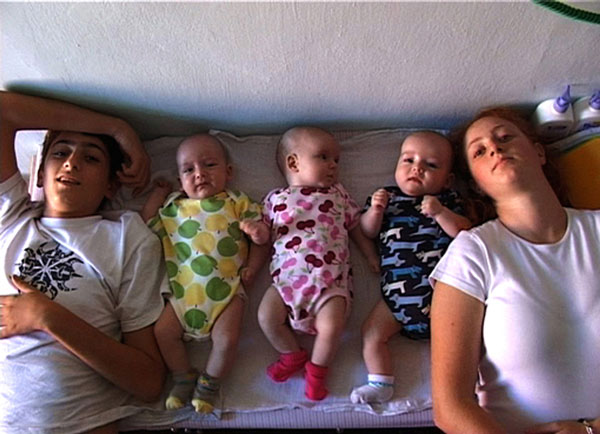
Gallery from ID
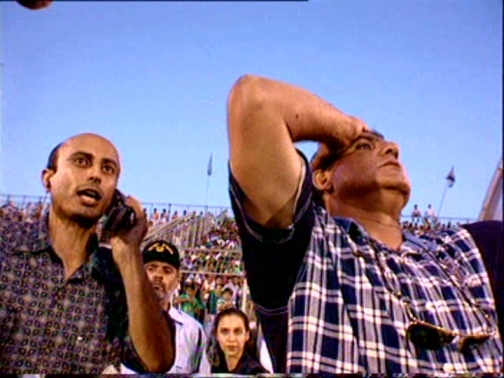
Gallery from ID
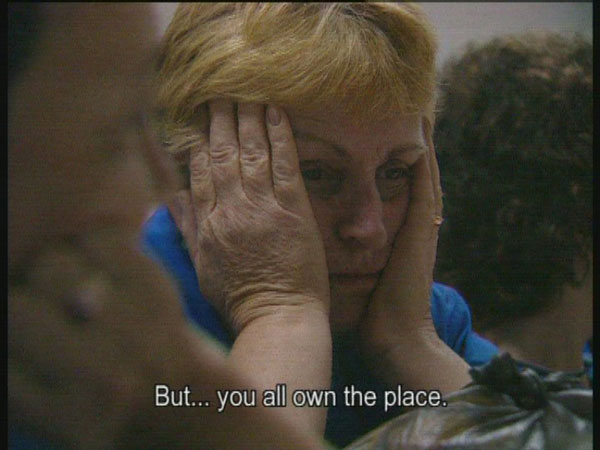
Gallery from ID
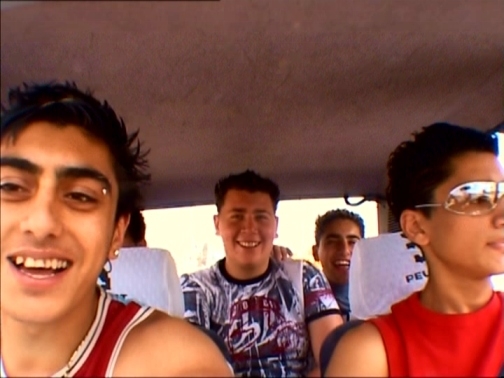
Gallery from ID
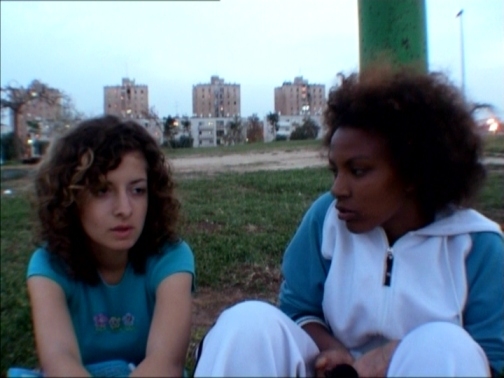
Gallery from ID
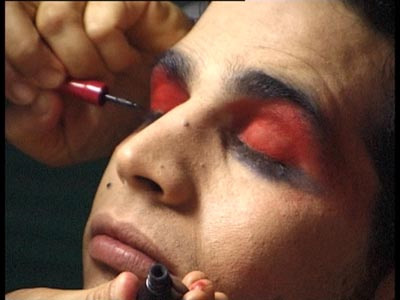
Gallery from ID
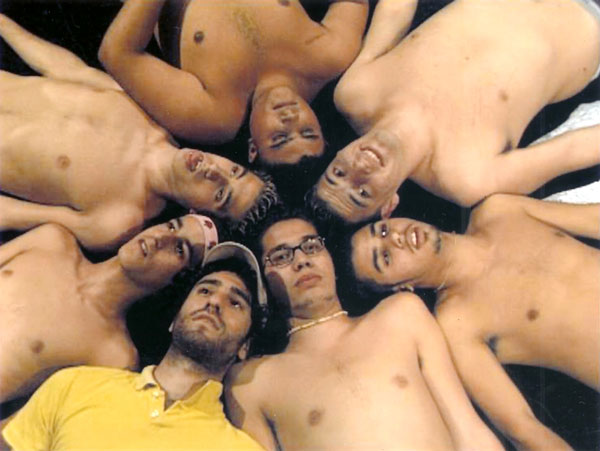
Gallery from ID
